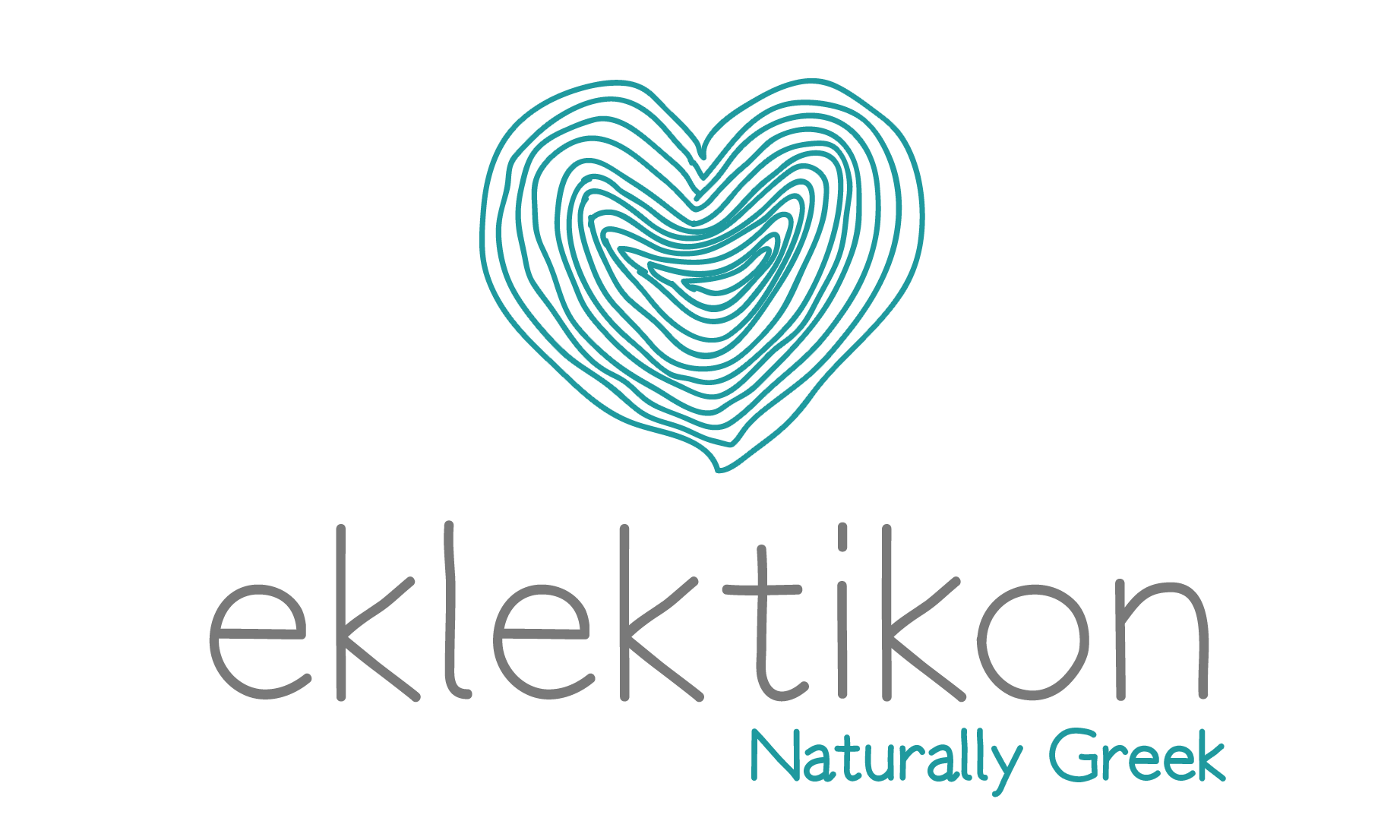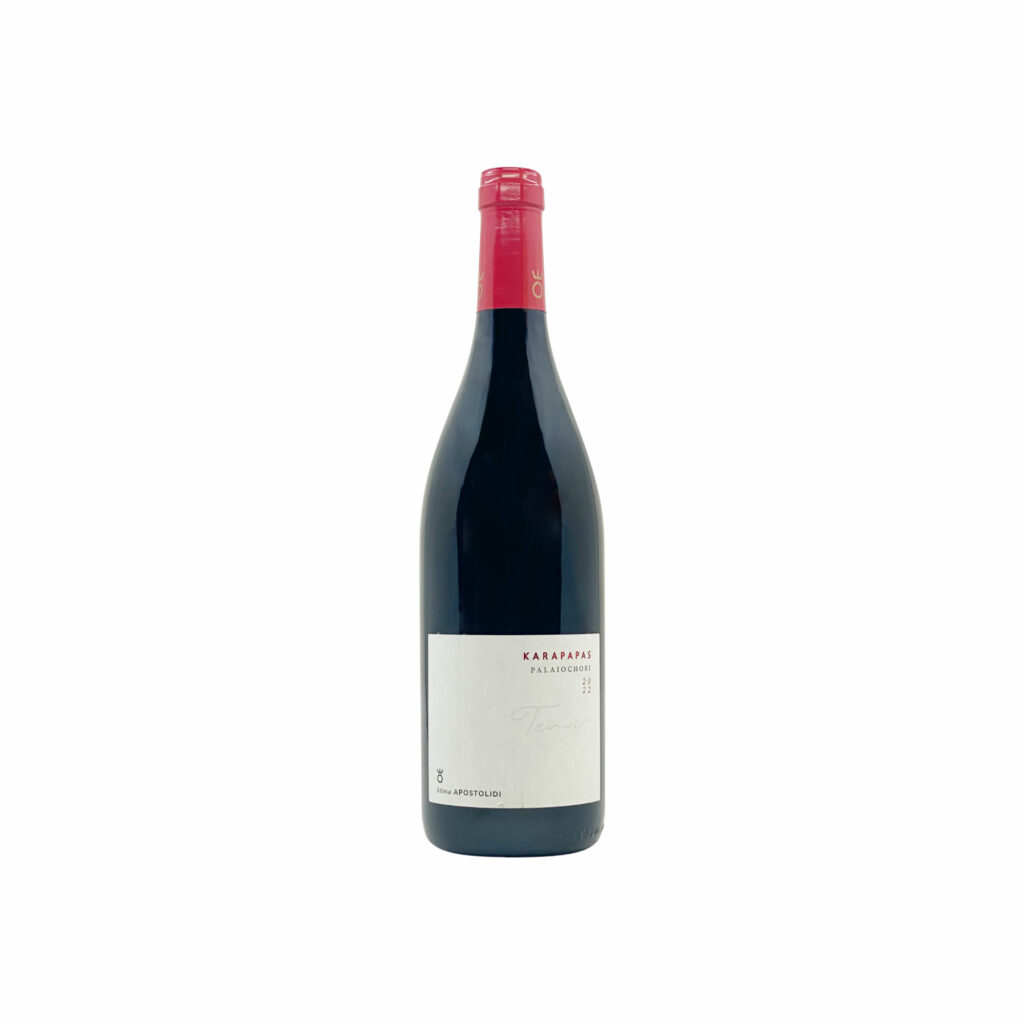Kavala, is a picturesque port town in northern Greece. Its geographic position, its natural port, and its proximity to the gold mines of the Pangeon mountain, deem Kavala one of the most ancient coastal towns in the general area, with its origins lost in the depths of history.
Kavala is amphitheatrically built on the slopes of mountain Symvolo, but is also surrounded by the mountains Lekani and Pangeon, making it mountainous by 55%. It is also the second largest port of Macedonia (after Thessaloniki), and one of the most strategic ports of northern Greece.
Kavala’s ancient history is linked to the nearby “Philippoi” town, the “Orthopetra” site that hosts the oldest pressed grapes in the world, the Pangeon mountain that funded Alexander the Great’s military expeditions with its gold mines, and the journey of apostle Paul who baptized Lydia, the first Christian of Europe there. The homonymous mud baths of Lydia are also world famous and attract visitors from around the world for their unique therapeutic properties.
In its modern history, Kavala is synonymous with its tobacco production and commerce, with its many neoclassical tobacco warehouses as a reminder of this once vibrant industry. The first strikes in the Balkans also took place in Kavala in 1896, by tobacco workers.
Today, Kavala is a beautiful and historical city with many attractions, fresh fish, and world class beaches like Ammolofoi. The old neighborhood of Panagia with the medieval fort at its top, and the adjacent ancient aqueduct, as well as its port and its fishing boats, are the benchmarks of the city.


